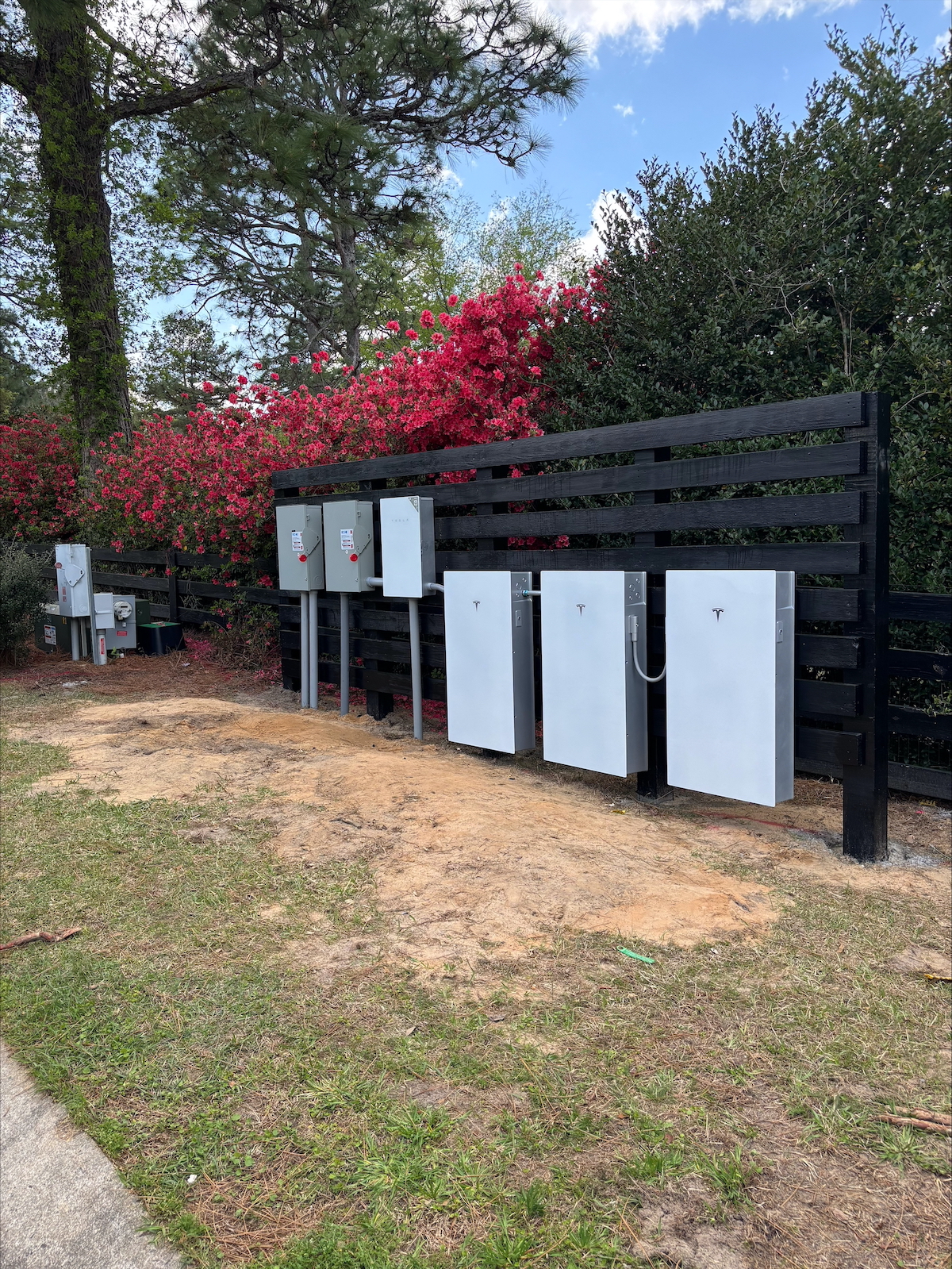By RICHARD ECKSTROM
Seven and a quarter percent.
That’s the official “assumed rate of return” for South Carolina’s retiree pension system.
In other words, state officials tell us the system should expect to earn 7.25 percent on its assets for decades to come.
It’s a safe bet that most folks have never given a thought to this number and what it means. But while obscure to most people, it’s at the heart of our state’s most serious financial problem. I’ll explain.
Most state retirees’ pension benefits are paid from a plan operated by the S.C. Retirement System. This plan is funded by three revenue sources: Employees contribute 9 percent of each paycheck to it, and the state, i.e. the taxpayers, kick in an amount equal to 14.5 percent of that same paycheck. That money is invested by an eight-member commission, and the investment earnings are the third revenue source.
State lawmakers adopt an official assumption of investment earnings, ostensibly to calculate how much money will eventually be on hand to cover the benefits promised to retirees. Their assumption affects the rates that employees and taxpayers contribute to the plan.
Unfortunately, few things in government escape the tinge of political calculation, and the assumed rate of return is no exception to the rule. Thus, this projection has historically been kept unrealistically high.
Why?
Because, in general, politicians like to pretend they’ve got more money than they do. It lets them spend more freely – in this case, to bestow retirees with benefit increases without setting aside money to cover them.
The downside, of course, is that it causes us to shortchange the system. Our actual investment returns have been far short of projected returns – with the five-year average being less than six percent – yet we haven’t done anything to make up the difference.
Today, the pension system faces a whopping $24 billion shortfall. It’s a big problem. If we’re to honor our commitments to past and current employees, somebody will have to pay up. There are no painless options.
This problem isn’t unique to South Carolina. Other public pension plans across the country are caught in similar crises, largely for the same reasons. Yet the folks who oversee these plans often revise their projections downward only reluctantly and modestly, knowing a change of even a quarter of a percent can reveal billions in previously concealed “unfunded liabilities” – the gap between how much is owed in benefit payouts and how much real money is likely to be available to cover the payouts.
In South Carolina, the assumed rate of return has been gradually reduced from 8 percent a decade ago to today’s 7.25 percent. Still, many experts believe it’s unreasonable to count on plan assets earning an average of 7.25 percent annually going forward, and that a 4-5 percent return is more realistic.
In 2016, a noted public pension expert advised S.C. legislators they should reduce their inflated assumption significantly. That advice apparently fell on deaf ears. That’s a shame. Given the terrible consequences associated with using inflated revenue assumptions, adjusting to a more conservative rate would much better serve the state’s interests.
Again, the price of failing to address the crisis directly could be a steep one. Consider some of the harsh measures taken by states and local governments who were forced to play catch-up after years of ignoring their pension woes: tax hikes costing property owners hundreds of dollars a year indefinitely; layoffs of employees, including those in public safety; and cuts in services, including even reducing the school week to four days.
Legislators must accept reality and adopt a more reasonable forecast for the state’s investments. While they’re at it, they should put future projections entirely in the hands of actuarial professionals, removing themselves — i.e. removing politics — from the process. And they must start paying down our unfunded liability now, rather than allowing it to continue to swell.
But first things first: It’s time to pull our heads out of the sand and acknowledge the problem and its magnitude. Politicians hate to discuss unfunded pension liabilities; it’s not a well-understood issue to them, nor are there any simple fixes.
But it’s our most critical challenge, and the consequences of allowing it to grow like an untreated disease will be severe and long-lasting. Lawmakers who have the state’s best interests at heart will put the pension system’s deficit front and center.
Richard Eckstrom is a CPA and the state’s Comptroller.






